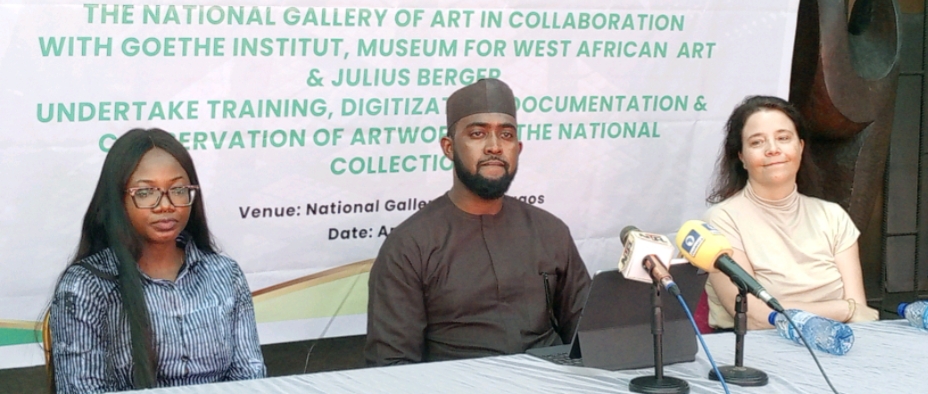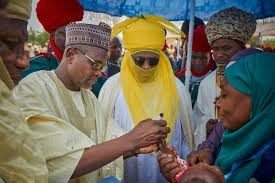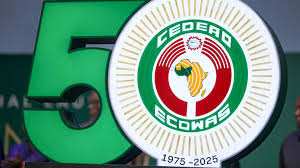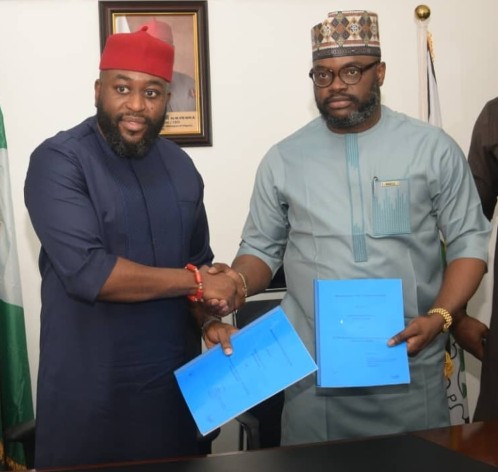282 total views today
By Constance Athekame
The Chief Justice of Nigeria (CJN), Justice Kudirat Kekere-Ekun, has called on the judiciary to adopt a proactive stance in enforcing safety regulations within the Nigerian Electricity Supply Industry (NESI).
Kekere-Ekun made the call while declaring open the 2025 National Seminar on Regulations in the Power Sector for Judicial Officers, in Abuja.
The workshop, which was organised by the Nigerian Electricity Regulation Commission (NERC) in collaboration with the National Judicial Institute (NJI), had the theme: “Navigating the Dynamics of Nigeria’s Evolving Electricity Sector”.
According to her, NERC’s latest reports on the power sector, revealed an alarming rate of 112 electricity-related deaths and 95 injuries in 2024 alone.
The CJN said that operators who failed to comply with safety regulations must be held accountable, while victims and their families must be accorded the justice they deserved.
“The safety of our citizens must never be treated as incidental. It is a legal and moral imperative.
“We are called upon to interpret legislation, oppose statutory and constitutional mandates, and ensure that justice is administered equitably in a rapidly changing sector.
“The role remains undiminished. Indeed, it grows more urgent as judicial interpretations increasingly serve as precedents that influence investor confidence, promote regulatory consistency, and protect consumer rights,” she said.
The CJN also emphasised the crucial role of the judiciary in ensuring that regulatory bodies such as the NERC operated within the bounds of the law.
According to her, NERC’s statutory responsibility includes the issuance of subsidiary legislation, the setting of rates, and adjudication of industry-related disputes.
“While these powers are necessary for efficient regulation, they must be exercised in a manner that is procedurally fair, transparent, and subject to judicial oversight.
“Accordingly, the courts must remain vigilant in their review of delegated legislation to guard against arbitrariness, protect the doctrine of legitimate expectation, and uphold public participation as a tenet of regulatory governance.
“In so doing, we give life to the rule of law and promote a legal environment conducive to sustainable development,” she said.
At the event, Mr Lateef Fagbemi, the Attorney General of the Federation and Minister of Justice, said that the electricity sector remained a cornerstone of the nation’s socio-economic development, touching every facet of life.
According to Fagbemi, the electricity sector also provides the energy needed for industrialisation, innovation, and improved living standards.
“This is underscored by Goal 7 of the Sustainable Development Goals (SDGs) which is to ensure access to affordable, reliable, sustainable, and modern energy for all.
“The electricity sector in Nigeria is undergoing significant evolution, marked by dynamic reforms, regulatory complexities, and a push for greater efficiency.
“However, as we strive to transform this sector, we face complex legal and regulatory challenges that demand deep understanding and collaboration.
“These changes demand not only legislative attention but also proactive judicial engagement to ensure fairness and accountability in navigating this transformation,” he said.
According to him, the Electricity Act, 2023 represents a transformative milestone in Nigeria’s power sector, introducing a dual regulatory framework that seeks to harmonise Federal and state governance in the generation, transmission, and distribution of electricity.
“The Federal Ministry of Justice is available to partner with you in enhancing the performance of your regulatory roles and expanding the frontiers of legal framework for the electricity industry.
“This seminar provides an invaluable platform for their lordships to deepen their understanding of the complexities of the electricity sector and the dual legal frameworks that govern it,” he said.
The Chairman of NERC, Mr Sanusi Garba, said that the power sector was critical as no nation had developed without sufficient electricity, hence the importance of the judiciary.
He was represented by the Vice Chairman, NERC, Mr Musiliu Oseni.
Garba said that the interaction was not to alter the cause of justice but to have an interaction and engagement with them in order to have some understanding of the technical nature of the sector.
He also said that the engagement was for the judicial officers to be able to make an informed decision and judgment in dealing with any case that might come before them.
“The past experience has shown that the judiciary can make or mar sector with respect to some previous judicial pronouncements, be it issuance of ex parte order or complete pronouncement of judicial decision.
“We have experienced a lot of issues that have shaped the development of this sector.
“An example of which is the critical case of the Manufacturing Association of Nigeria case in 2015, which up to today we are still suffering the impact of the judicial pronouncement that was made as far back as a decade ago.
“A similar case is also a case of Toluwai, which was instituted in Lagos, which was in 2016 and the pronouncement was made by the court, which was based on an ex parte motion.
“And it took the Court of Appeal in 2019 to forfeit the judicial pronouncement that was made by the lower court.
“During that period, the commission was rendered ineffective. We all know that whether we like it or not, investments follow the path to recovery,” he said.
According to him, if investors are not confident of the judicial interpretation of the law, or probably they are afraid of what may become of their investments
“There is no way they will be willing to make investments that will be proper or enough for us to have sufficient progress that we all desire with respect to the improvement in performance of electricity in Nigeria.
“It is on this basis that we feel that it is important for us to continuously engage with the judiciary to ensure that sufficient understanding is made so that we all work together.
“For the success of this industry and for the success of Nigeria at large,” he said.
The chairman, however, appealed to the judicial officers that whatever discussion that would take place in the next three days should be done with an open mind.
“Nobody is there to sway your decision or your judicial interpretation of any law.
“It is just to interact with you, so that you can have sufficient understanding of the technical nature of this industry,” he said.
Earlier, the Administrator of the NJI, Justice Salisu Garba, said the sector was experiencing rapid change, innovation, and increasing complexity.
Garba said that the seminar would provide a vital platform for constructive dialogue, shared insights, and chart a course towards a more sustainable and prosperous energy future.
“We are confident that this seminar will not only enhance your Lordships’ knowledge base but also foster a spirit of collaboration that will contribute to the sustainable development of Nigeria’s electricity sector,” he said. (NAN)(www.nannews.ng)
Edited by Kevin Okunzuwa















